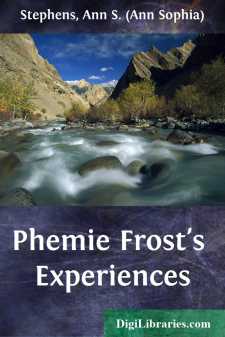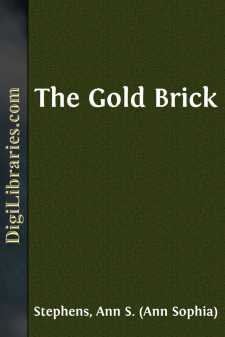Categories
- Antiques & Collectibles 13
- Architecture 36
- Art 48
- Bibles 22
- Biography & Autobiography 816
- Body, Mind & Spirit 145
- Business & Economics 28
- Children's Books 17
- Children's Fiction 14
- Computers 4
- Cooking 94
- Crafts & Hobbies 4
- Drama 346
- Education 58
- Family & Relationships 59
- Fiction 11834
- Foreign Language Study 3
- Games 19
- Gardening 17
- Health & Fitness 34
- History 1378
- House & Home 1
- Humor 147
- Juvenile Fiction 1873
- Juvenile Nonfiction 202
- Language Arts & Disciplines 89
- Law 16
- Literary Collections 686
- Literary Criticism 179
- Mathematics 13
- Medical 41
- Music 40
- Nature 179
- Non-Classifiable 1768
- Performing Arts 7
- Periodicals 1453
- Philosophy 66
- Photography 2
- Poetry 897
- Political Science 203
- Psychology 45
- Reference 154
- Religion 516
- Science 126
- Self-Help 85
- Social Science 82
- Sports & Recreation 34
- Study Aids 3
- Technology & Engineering 59
- Transportation 23
- Travel 463
- True Crime 29
Our website is made possible by displaying online advertisements to our visitors.
Please consider supporting us by disabling your ad blocker.
The Old Countess; or, The Two Proposals
Description:
Excerpt
During fourteen years Hepworth Closs had been a wanderer over the earth.
When he was carried out from the court-room after Mrs. Yates' confession of a crime which he had shrinkingly believed committed by another, he had fainted from the suddenness with which a terrible load had been lifted from his soul.
In that old woman's guilt he had no share. It swept the blackness from the marriage he had protested against as hideously wicked. The wrong he had done was divested of the awful responsibilities which had seemed more than he could bear. The revelation had made him, comparatively, an innocent and free man. But a shock had been given to his whole being which unfitted him for the common uses of society.
After all that had passed through his mind he could not bear to think of joining his sister or husband. The keen feelings of a nature, not in its full development wicked or dishonorable, had been startled into life, when he saw into what a gulf he had almost plunged. He saw the sin and the wrong he had done in its true light, and not only repented of it, but abhorred it from the very depths of his soul. He longed to make atonement, and would have given ten years from his life for a chance by which he could have sacrificed himself to any one that poor murdered lady had loved.
These feelings rose up like a barrier between him and his sister. Her influence over his youth had been so powerful that his own better nature never might have asserted itself but for the tragedy which followed his first plunge into deception and wrong-doing. He loved this beautiful young woman yet, as few brothers of any age or class ever did; but the shock of that tragedy was on him, and his impulse was to flee from her and the man for whose sake all this trouble had come.
Hepworth Closs was not the first youth whose life has opened with evil thoughts and evil deeds, from which his manhood shrank appalled.
The unformed intellect and quick passions of youth have wrecked many a noble soul, by the sin of an hour or a day, beyond the redemption of a toiling and regretful after-life. The man who does redeem himself must have a powerful nature, which will force its strength to be recognized, and make its regeneration felt. But to the sins of youth much should be forgiven, which, in the mature man, justice might utterly condemn.
Hepworth Closs arose from that fainting fit humbled and grateful. That moment his resolve was taken. He would not share the benefits which might come to him through his sister's marriage, nor in anything partake of a reward for the evil he had, in mercy, been saved from. The world was before him. He would work his way into prosperity, if possible; if not, bear his fate like a man who had deserved suffering, and could endure it.
One act of restitution was in his power. The property of the unfortunate person, whom he knew as Lady Hope, had fallen into his possession, for the house had been purchased in his name, and, in like manner, her deposits had been made. He had never intended to claim this money as his own, and invested it now, holding himself as the trustee....







